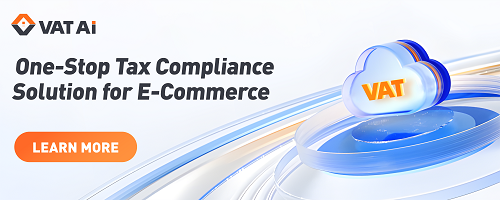In March 2020, Romania launched an e-invoicing pilot program, e-Factura, to streamline the collection of taxes to improve and strengthen the collection of VAT whilst combating tax evasion.
The decision to launch e-Factura was taken after closely monitoring the Italian e-invoicing model and analysing the economic impact and efficiencies that electronic invoicing has had for both business-to-government (B2G) and business-to-business (B2B) transactions in Italy.
E-Factura is to implement a new e-invoicing system for B2G transactions but also lays the foundation for the extension of the platform for further developments and provides the necessary know-how to develop an e-invoicing system in B2B.
In October, Government Emergency Ordinance (GEO) no. 120/2021 introduced the legal framework for implementing e-Factura, regulating the structure of the Romanian e-invoice process and creating the framework for [achieving] basic technical specifications of the e-invoice system.
Further documentation regulating the use and operation of e-Factura and technical documentation such as API specifications and draft e-invoice schemas have also been published.
According to published documentation, the B2B e-invoicing process is not expected to differ from the B2G e-invoicing process, whose framework and relevant requirements are defined to a clearer standard.
Taxpayers can expect the same requirements to apply to B2G and B2B e-invoicing. However, certain aspects for B2B e-invoicing must still be clarified, such as the authentication process and requirements for accessing and using the e-invoicing system through the API for taxpayers and their service providers.
Source: SOVOS















